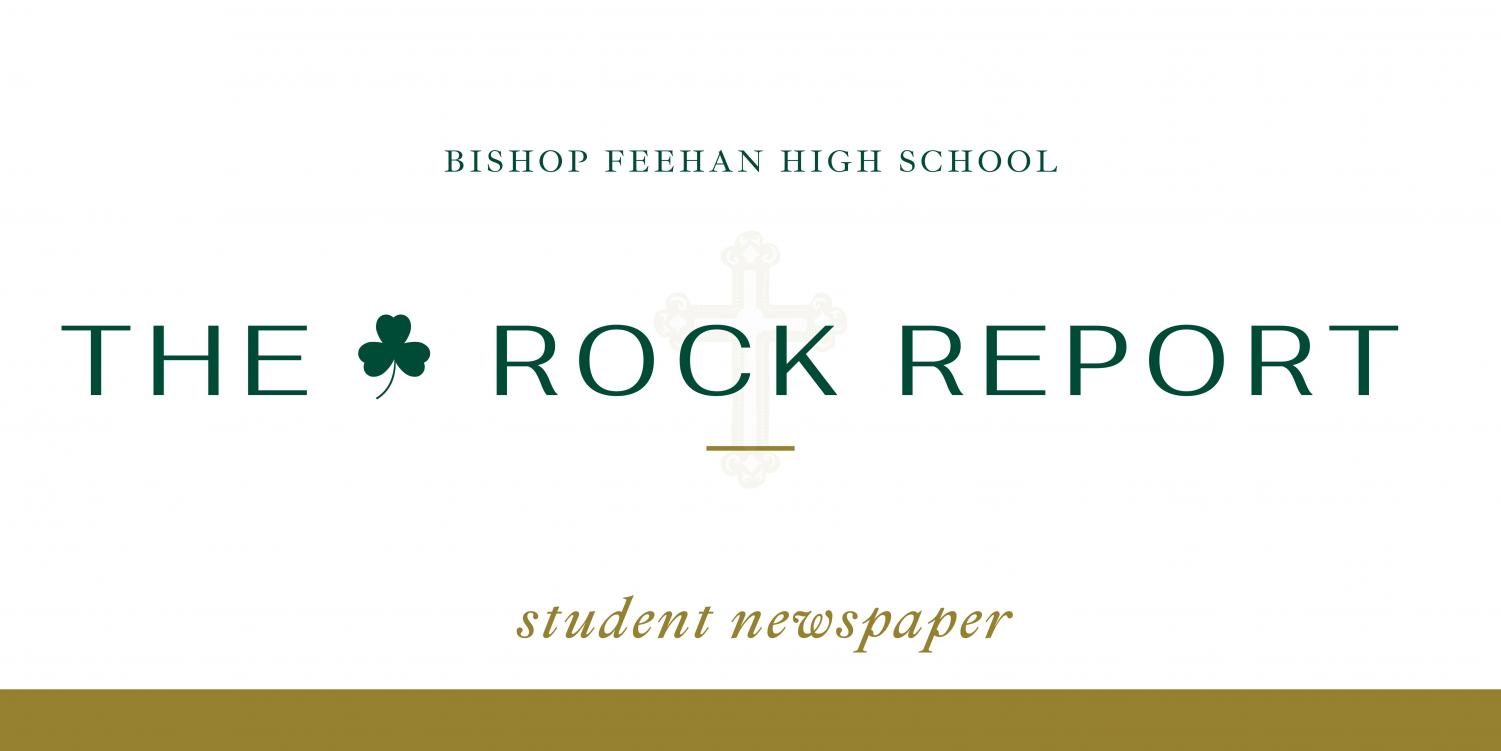Easter
May 4, 2022
Easter is a holiday commonly associated with a fluffy bunny that leaves behind a trail of jellybeans, but as we know, the Easter season is a very important and holy time for Christians. Not only is the holiday of Easter religious as it celebrates the Resurrection of Jesus, but the word Easter itself has religious roots. The word Easter has its origins in Anglo-Saxon culture. It is derived from the name of the Anglo-Saxon goddess of spring, Eostre. Pascha is also another word used for Easter.There are actually two days on which Easter is celebrated, but most people celebrate on Christian Easter which occured on April 17th this year. The other Easter, Orthodox Christian Easter, occured on April 24th, a week after Christian Easter. This difference in date can be attributed to the use of two different calendars by both groups. The Christians use the Gregorian calendar while Orthodox Christians use the Julian calendar. This means that Christian Easter occurs on the Sunday after the first full moon of the spring equinox, and Orthodox Easter occurs on the Sunday after the first full moon after Passover. Both Easters are similar and involve attending church to celebrate the Resurrection of Jesus Christ. It is also common for both groups to consume a meal with family and friends. On Christian Easter the cuisine varies, but usually includes ham, sweet potatoes, and vegetables. On Orthodox Easter, a more Greek inspired meal is consumed with lamb and hard-boiled eggs. After eating, some families perform community service or carry on their own customs. Easter is truly a holiday rich in tradition and history.
https://www.bhg.com/holidays/easter/easter-traditions/orthodox-easter/
https://www.britannica.com/topic/Easter-holiday


















